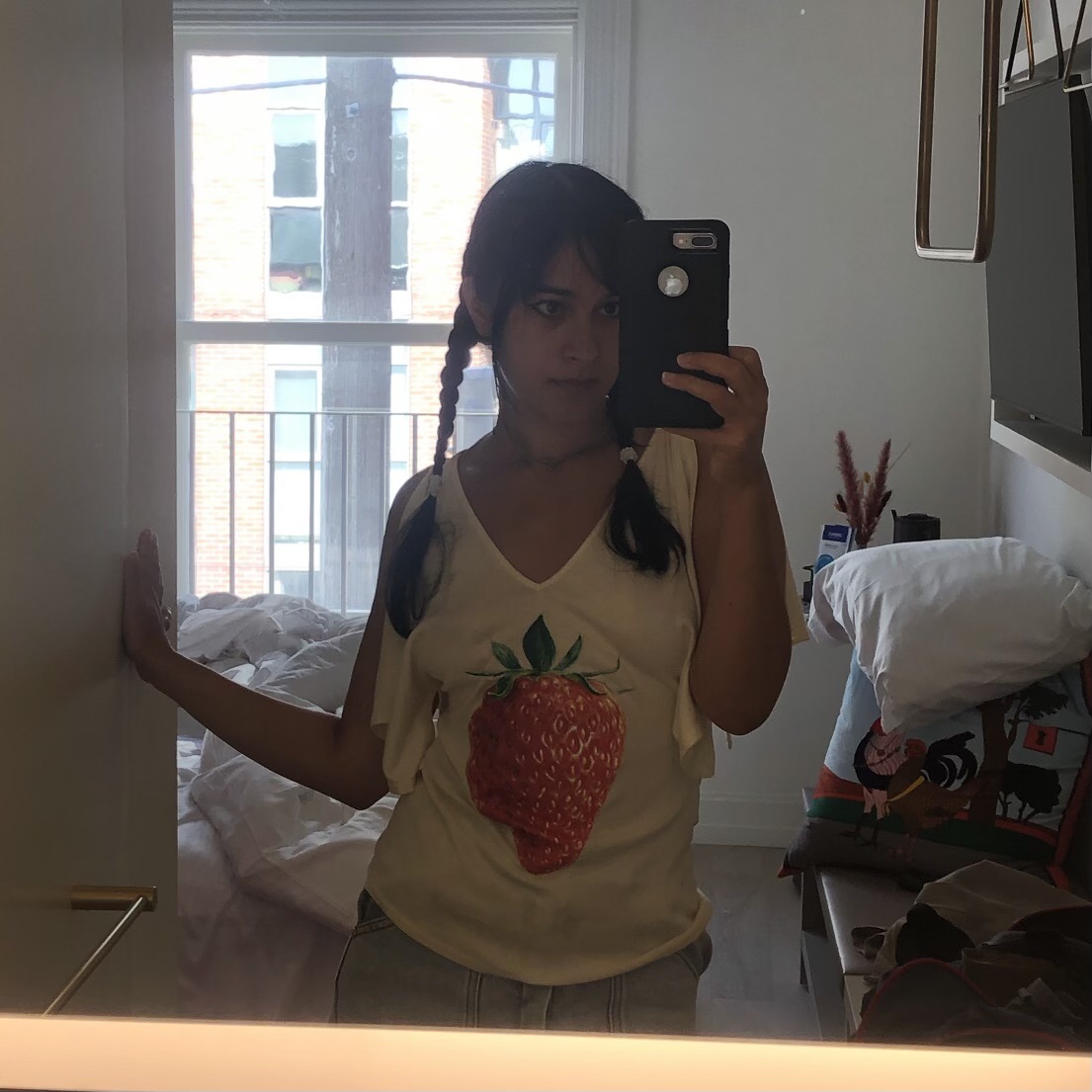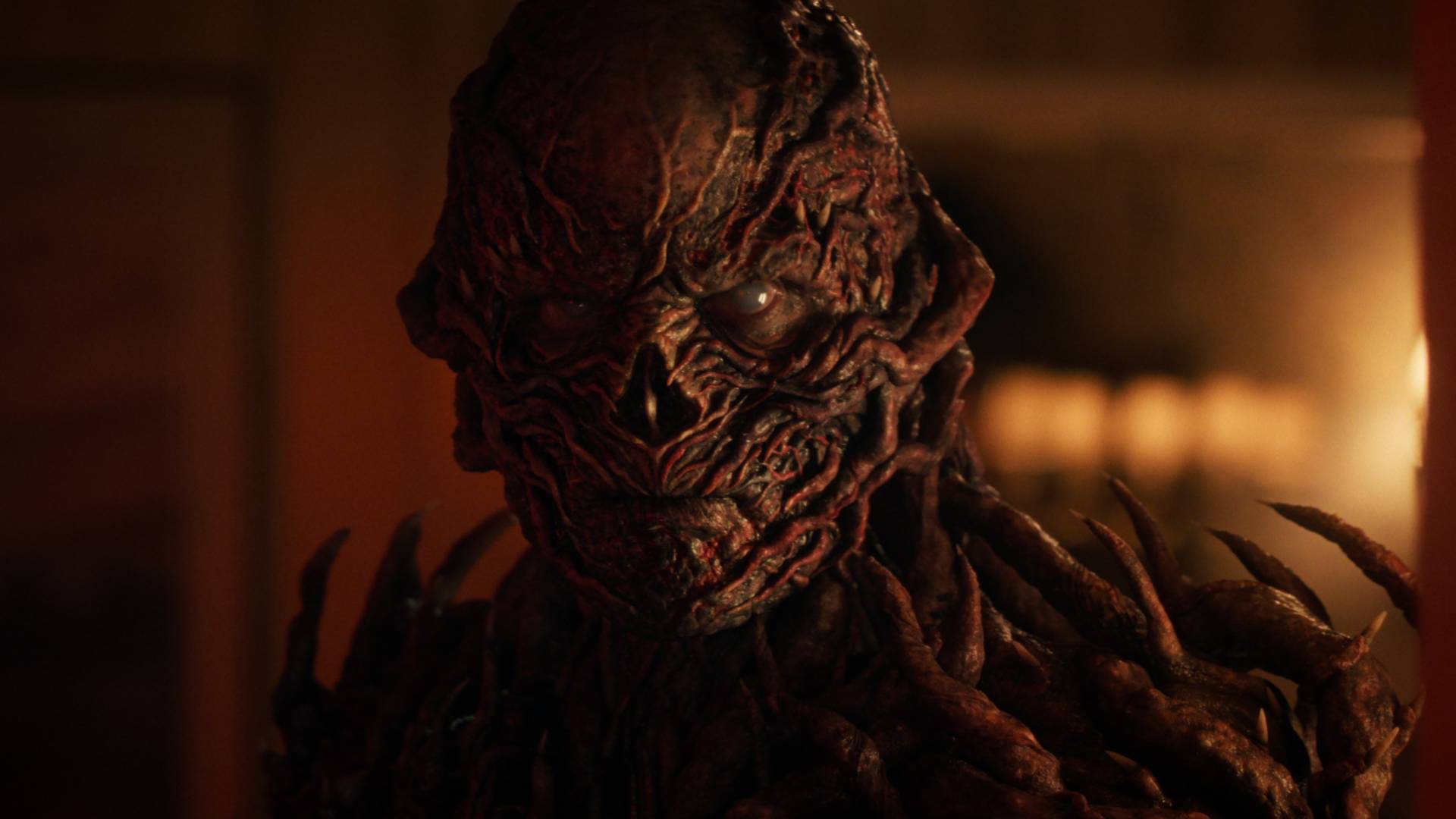After forming a new studio at an "apocalyptic" time for game devs, Disco Elysium writer says "this industry is finished" but "video games are not"
Summer Eternal plans to be worker and player owned

Like most of the layoffs that have tormented the video games industry over the past year, when ZA/UM cut the planned Disco Elysium expansion along with many of its developers' jobs, it was devastating. Fans couldn't believe that ZA/UM wouldn't want to sustain an RPG as poignant as Disco forever. Its developers, however, are well-versed with how callous video game execs can be. They won't let that stop them.
"I think this industry is finished," said Disco Elysium writer Dora Klindžić in a recent interview with VG247. "But, fortunately for everyone, video games are not."
Earlier in October, some former ZA/UM employees — including Klindžić and fellow Disco writer Argo Tuulik — announced the new studio Summer Eternal. According to its website, Summer Eternal promises to be worker and player owned, and to "push back against Big Tech's encroachment on the territory of our art."
Expanding on this point in VG247's interview, Klindžić says "Summer Eternal will not fix the games industry, although, as a byproduct of our operation, we might generate a panacea for agriculture, astronomy, inaccurate bus timetables, those hoax messages that target your mom, local elections, and syphilis."
Sounds good. And everyone seems on board — Summer Eternal organizer Aleksandar Gavrilović, for example, agrees with Klindžić's suggestion that Summer Eternal isn't a cure. It's a salve for the pockmarked games industry, coming from within that same industry.
"I myself ascribe to the accelerationist view that the only way to achieve better conditions is to enter crises which underline the contradictions of society and force us to remake the world," he says.
But, before reinventing the world, Summer Eternal has to work on its unnamed first game. Klindžić tells VG247 that fans shouldn't expect another Disco Elysium.
Weekly digests, tales from the communities you love, and more
"We will work as artists do, which means both eyes on the work, not one on the audience and not one on the competition," she says.

Ashley is a Senior Writer at GamesRadar+. She's been a staff writer at Kotaku and Inverse, too, and she's written freelance pieces about horror and women in games for sites like Rolling Stone, Vulture, IGN, and Polygon. When she's not covering gaming news, she's usually working on expanding her doll collection while watching Saw movies one through 11.


